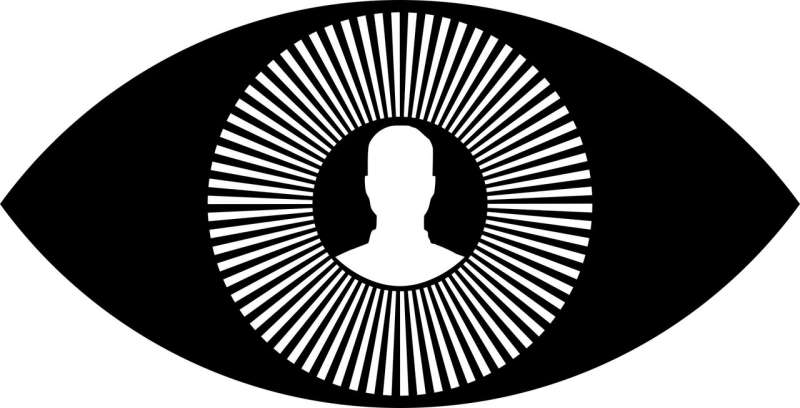Researchers develop behavioral treatment for deficits of facial affect recognition in multiple sclerosis

A recent study by Kessler Foundation researchers demonstrated efficacy for the behavioral intervention, EMOPRINT, for treating deficits of facial recognition in individuals with multiple sclerosis (MS). The article was published in Multiple Sclerosis and Related Disorders. The study is the first to provide Class I evidence supporting the efficacy of an intervention to treat these deficits in MS.
The authors are Helen M. Genova, Ph.D., Katie Lancaster, Ph.D., Zuzanna Myszko, Jimmy Morecraft, Jacqueline Leddy, Angela Smith, MA, Nancy Chiaravalloti, Ph.D., and Jean Lengenfelder, Ph.D., of Kessler Foundation.
Researchers compared 21 individuals with MS with 15 placebo controls in this double-blinded, placebo-controlled, randomized clinical trial of EMOPRINT, a five-week, 12-session behavioral intervention for teaching facial recognition of the six universal emotions—happiness, sadness, fear, surprise, anger, and disgust. Participants underwent baseline and follow-up neuropsychological assessments of facial affect recognition, as well as assessments of quality of life and emotional functioning. At follow up, facial affect recognition skills significantly improved in the MS group compared with the placebo group.
The efficacy of EMOPRINT has important implications for individuals with MS, as well as for other populations that experience deficits of facial recognition, including autism, traumatic brain injury, and schizophrenia. Deficits in facial recognition, which are known to hinder social functioning, are often associated with mood disorders and reduced quality of life, according to lead author Dr. Genova, the Foundation's associate director of the Center for Autism Research and an expert in the study of social cognition.
"Improving facial recognition may improve interpersonal relationships and lead to better outcomes at home and in the workplace," she added. "The success of EMOPRINT in this MS study is an important first step toward the larger-scale, longer-term studies of social cognition we need to study these potential effects."
More information: Helen M. Genova et al, Emotional processing intervention (EMOPRINT): A blinded randomized control trial to treat facial affect recognition deficits in multiple sclerosis, Multiple Sclerosis and Related Disorders (2022). DOI: 10.1016/j.msard.2022.103536



















